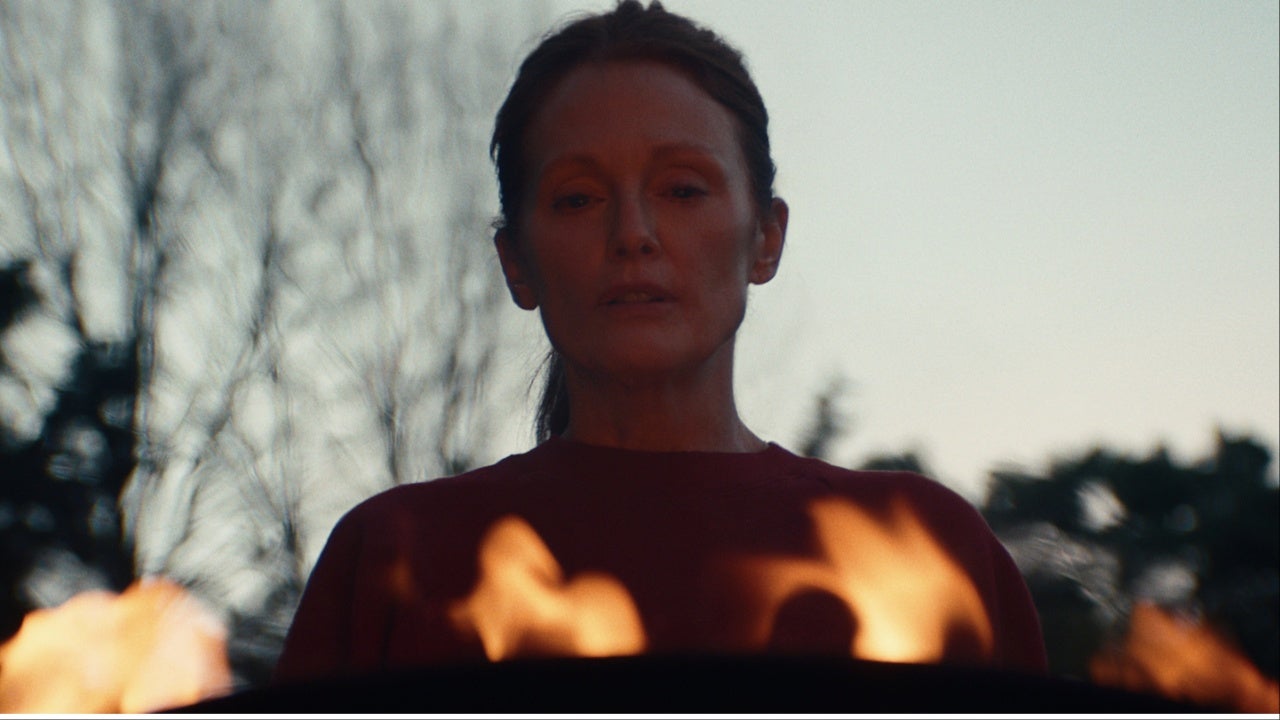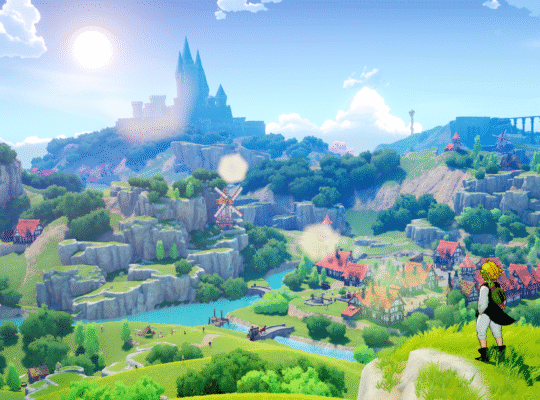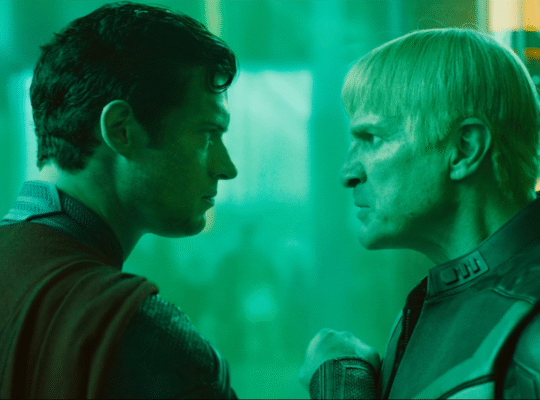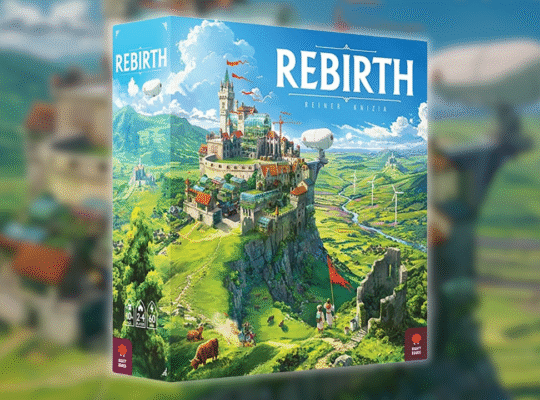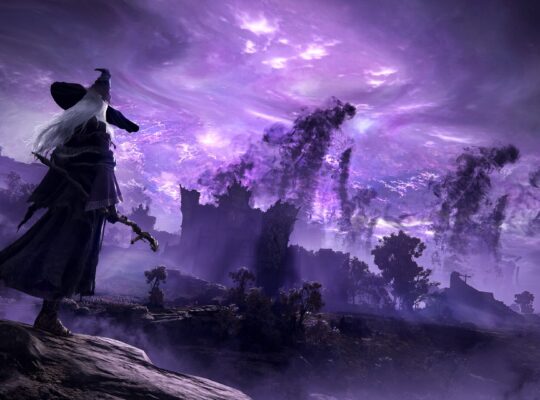
Echo Valley is now playing in select theaters. It streams on Apple TV+ beginning June 13.
Echo Valley sees a lot of potential in the complex devotion between its main characters, the mother-daughter duo of Kate (Julianne Moore) and Claire (Sydney Sweeney). And like any good thriller, it wants to needle that central theme to a breaking point: How far does unconditional love extend? How far should it go? And do the stakes become cleaner when your daughter walks through the door, visibly shaken and covered in someone else’s blood? But Echo Valley isn’t a good thriller. In theory it’s the perfect pulpy way to test a relationship and the habits of the people within it. But in practice, the sophomore feature from director Michael Pearce is far more at odds – and, even worse, dull – than its premise suggests.
From the jump, Echo Valley is only committing to half of its story at a time. Like too many films of the modern era, the genre fun of Echo Valley is heavily rooted in (you guessed it) trauma and grief. It’s been nine months since Kate’s wife died and the horse farm they ran together is falling into disrepair. She’s running out of money, having trouble getting out of bed in the morning, and she’s also making sure her daughter stays off of drugs. Consequently, those foibles feel disappointingly ordinary. Kate’s mourning is communicated mostly as shorthand: We’ve got lens-flared memories, and you better believe there’s the old classic of dead-wife videos and voicemails from happier times. It’s all there to deepen her character’s emotional state, but not really as a means of exploration.
Such devotion to emotion highlights just how underbaked Echo Valley is – and how much of a disservice those choices are to either type of movie it wants to be. Its screenwriter, Brad Ingelsby, created HBO’s Mare of Easttown, so he’s no stranger to grounding crime drama in personal conflicts. He writes the early setup with Claire coming home to Kate as a wistful potential, and Pearce gives those moments between the characters room to breathe – or, as is the case when Claire lashes out at her mom for not giving her money, reason for your breath to catch a little bit. Sweeney lets Claire’s panic and anger bubble under the surface, until it boils over destructively.
That’s a hard act for a thriller plot to follow. The early mother-daughter drama and the later showdown between Kate and drug dealer Jackie (Domhnall Gleeson) is too vast a tonal gap for Echo Valley to bridge. There’s nothing funny or frothy or sensationalized about Claire furiously chasing her mom through the house to get money. It’s a true low point.
To be fair, it’s not that these two halves of the story can’t co-exist. But Echo Valley doesn’t find a way to make them gel. Even in its pulpiest moments, it has the slower pacing of a drama, and so everything flows out from that a little too obviously. There’s a pervading sense of unease, but in the way that a lesser horror movie might telegraph a jump scare that totally robs it of any surprise.
Not that there has to be any surprise here. But at the very least, there ought to be some ingenuity to yet another thriller where a broken woman has to find the courage to buck up and fight her way through circumstances stacked against her. Unfortunately, Echo Valley combines its pacing problems with a story that feels pretty rote and predictable – there’s nothing here that’s particularly shocking, and so it doesn’t feel particularly fun either.
It’s a shame that Moore gets dragged down with it. Claire and Jackie aren’t particularly well-drawn, but at least they’re fun acting showcases: Sweeney plays the underwritten Claire’s breakdown admirably; Gleeson, as in Ex Machina and the Star Wars sequels, strikes the right balance for a character who’s a total bastard by playing him on the absolute edge of humor. Moore proved in May December and Sirens (and elsewhere) that she’s extraordinarily talented at playing vulnerable, and does her best work when she gets to be somewhere on the line between hapless and conniving, portraying capability (and culpability) with delicious ambiguity. But Kate is totally one-note – a flat character who can’t hold the nuance necessary to the story.
Which is a problem, no matter which mode the film is in. Everything in Echo Valley has to flow from her relationship with Claire. So it sucks that she winds up feeling mostly passive and hapless. The story should be a calamitous tumble through the tumult of the choices that brought both of them to this point. Instead, the early mother-daughter drama is such a profound, genuine type of sad that none of the pulp of the back half can fill the void. And in the end, all the thriller escapades don’t even set up some great emotional throughline. There are things that are just too knotty to fully untangle – but it would’ve been nice if Echo Valley had actually tried.


